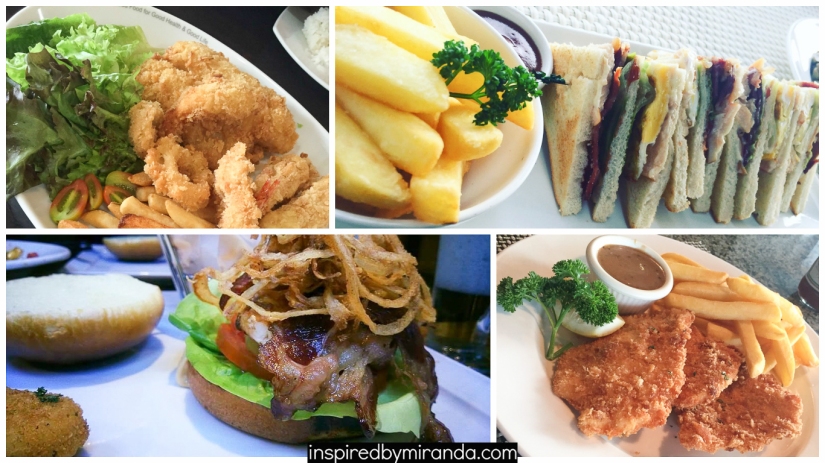About cravings…
All humans at one point or another in their life experience food cravings. Women are especially susceptible because of the hormonal changes throughout their monthly cycle or other stages in their life (pregnancy, menopause). You get this strong desire for a taste of something very specific either it is sugary, salty, sour or fatty. And when you’re in the middle of a craving, it feels like nothing else can be done to satisfy that urge.
Sugar is the most common food craving and the most addictive. This is the result of a complex hormonal reaction, often triggered by the very same foods you crave.
“Sugar acts directly in the brain to inhibit the effect of leptin and increased appetite so you never feel full. So then you keep eating, and you become leptin-resistant … What you need to do is break the addiction by detoxing the liver, which has stopped metabolizing fat properly. Sugar consumption causes fat to build up in liver cells, which decreases the liver’s ability to metabolize fats and sugars and detoxify your body.” -Dr.Oz
Another, and more common, reason for cravings is emotional eating. We tend to turn to food in times of boredom, stress and loneliness. So your emotional health, whether you’re eating as a distraction, a reward or to help fill a missing void in your life, must be dealt with in order to successfully resist cravings for unhealthy foods.

How are cravings different from addiction?
“Addiction is an overpowering craving to repeatedly engage in an activity that provides temporary relief often with adverse consequences.”
It’s something you feel you must do, despite its harmful consequences. Withdrawal is a big part of addiction as well as the feelings of discomfort, distress, and intense cravings.
There are different types of addiction:
- some eat too much
- some don’t eat enough
- some people even have an addiction to restriction
For a food addict, food provides the fun, entertainment, control, reassurance, or love that’s missing in their life. It may also help to numb difficult emotions like fear and sadness.
Dealing with addiction is your responsibility even though you may not be responsible for having it. There are few necessary steps to treat addiction:
- If you feel social pressure remove yourself of that situation. Our behaviour depends heavily on social and environmental cues. We can adjust our behaviour by adjusting cues from our routine and environment. Avoid people, places, and things that trigger addiction.
- In dealing with emotions we use food as a coping mechanism thinking it will help resolve the problem. Learn to deal with boredom, loneliness, anger, lack of stimulation and lack of purpose for example and you will learn how to cope with addiction.
- Many addictions stem from uncontrolled stress combined with food restriction. If these two factors can be controlled, food addiction might also be controlled.

Cravings die as a side effect of changing our life and identity. You can try meditation, tapping (Emotional Freedom) techniques or any other type of relaxation methods. Even though most people are not addicts by choice, we can choose to abstain in order to recover and stop the addiction. In this case, freedom comes when we give up effort to control the substance and become abstinent.
Abstinence means willingness to face discomfort and withdrawal symptoms in the beginning. The longer you remain abstinent, the more the biological urges for the substance fade.
The biggest part of recovery lies in managing the stress and knowing your triggers. It is also important to add a meaning and purpose for it to work and it has to be part of your internal beliefs, priorities and values.
How to handle it?
- Try make this structural and foundational changes :
- Change physical environment
- Build a social support system
- Decrease life stress
- Learn to tolerate discomfort
- Change routine and schedule to favour positive behaviours, and diminish the chances for negative behaviours ( more sleep, take activities that conflict with the addictive behaviour, etc.)
- Exercise especially intense workout on a regular basis is one of the best “cures” for food cravings
- The less processed food you eat on daily basis the less cravings you going to experience
- Keep yourself busy and try to avoid boredom


I really relate to this post. As someone who had an eating disorder anorexia/bulimia for over 30 years I initially had to abstain from the high sugar and high fat foods that triggered me to binge and purge. I cut out sugar completely for a long time, it is addictive it does immediately make you crave more and it has no nutritional benefit. I eat a lot of sweetener instead but plant based sweeteners are much better for you than sugar. The thing with sugar is it tastes so good! So I have re-introduced small quantities of high sugar and high fat foods occasionally so I don’t feel deprived especially at celebrations like Christmas and birthdays. My eating disorder is still completely in recovery though. I just have to make sure high sugar foods are an occasional treat not something I do every week.
LikeLiked by 1 person
Hi Caroline. Glad you liked the post. Well done for managing your relationship with food! Keep up the good work and remember your health always comes first.
LikeLike